Nature curiosity: Why do marsupials have pouches?
4.6 (363) · $ 22.00 · In stock
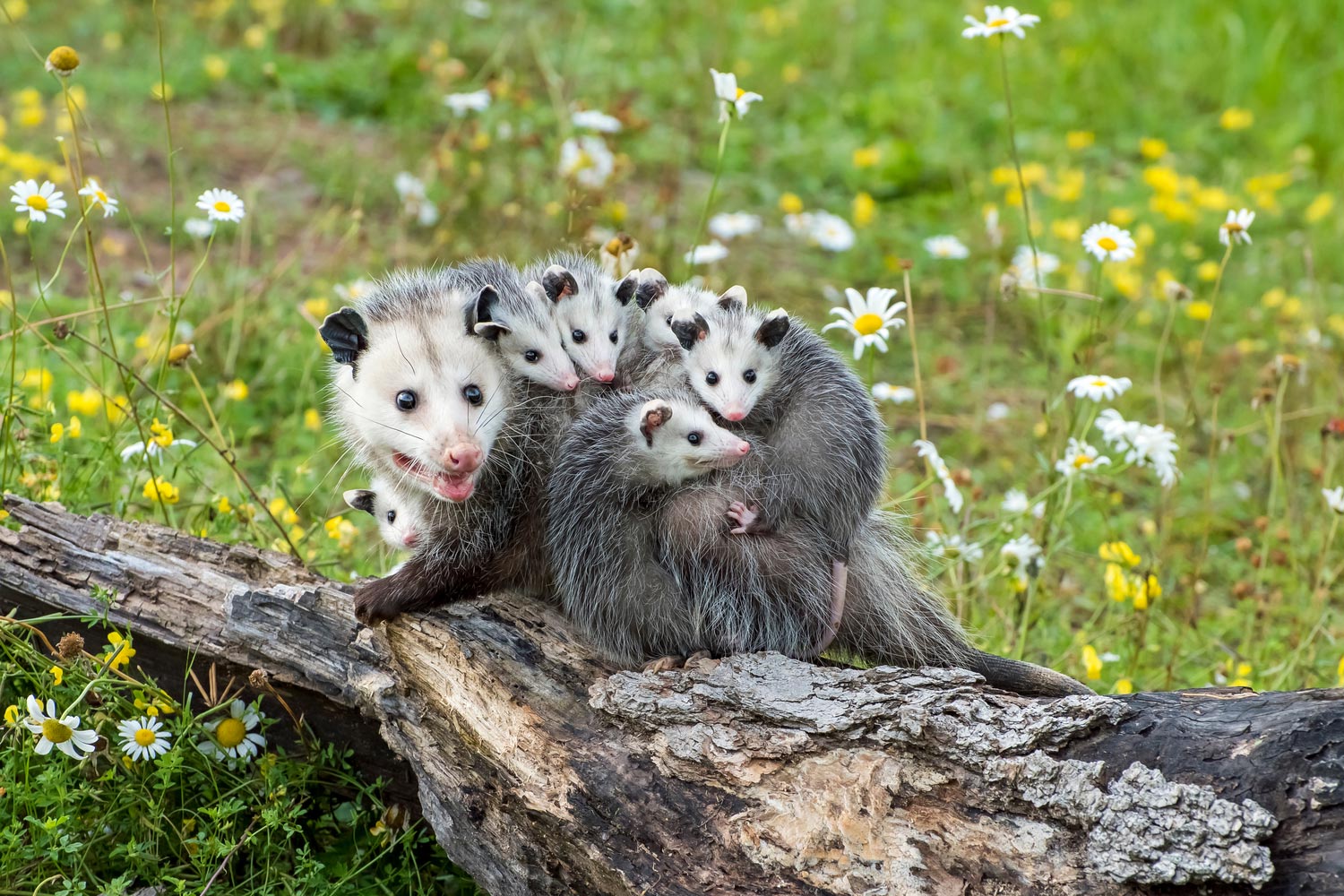
For marsupials, only adult females have pouches, and they serve an important role in the reproductive process.

Kangaroo pouch mysteries: Unveiling the Secrets of Nature's Pocket - FasterCapital
:max_bytes(150000):strip_icc()/swamp-wallaby-01-cc951f07ea29495eacf259cc60ce70d8.jpg)
10 Incredible Facts About Kangaroos

Kangaroo facts and photos
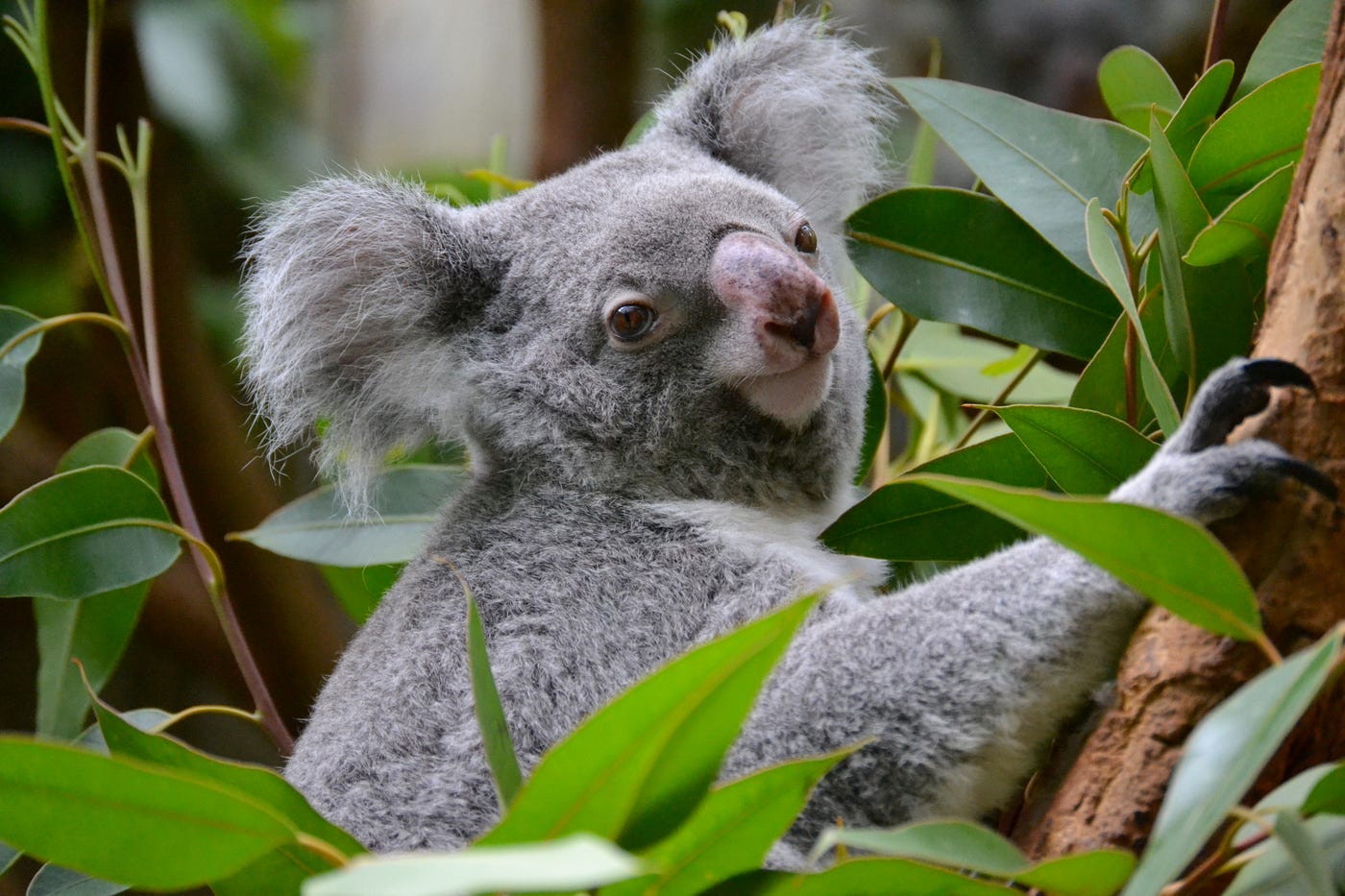
5 Animals With Pockets. #EcoList of Things We Love, by Cybele Knowles, Center for Biological Diversity

Kangaroo pouch mysteries: Unveiling the Secrets of Nature's Pocket - FasterCapital

13 Bouncy Kangaroo Facts About Australia's Iconic Marsupial
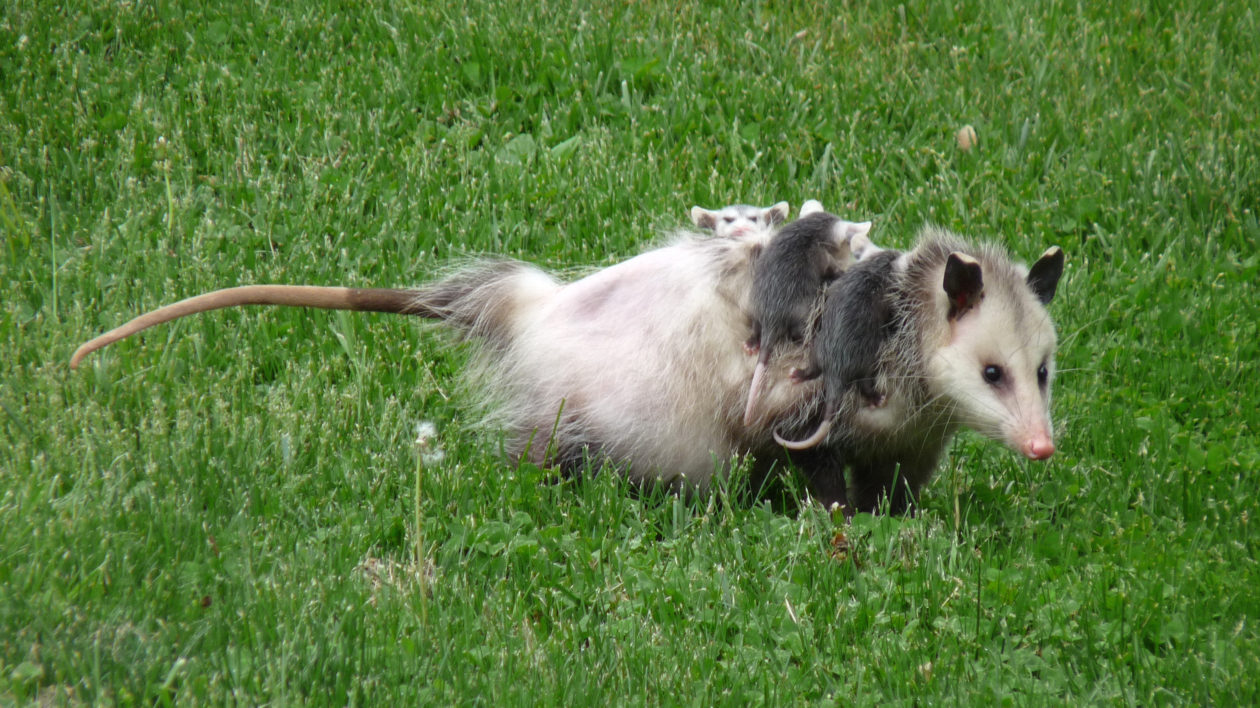
Why Do Marsupials Have Pouches? And Other Questions

Curious about the Southern Hairy-Nosed Wombat
Discover the fascinating world of kangaroos in Why Do Kangaroos Have Pouches? This educational and engaging children's book takes young readers on

Why Do Kangaroos Have Pouches?: Why Do Kangaroos Have Pouches?: Exploring the Fascinating World of Marsupials
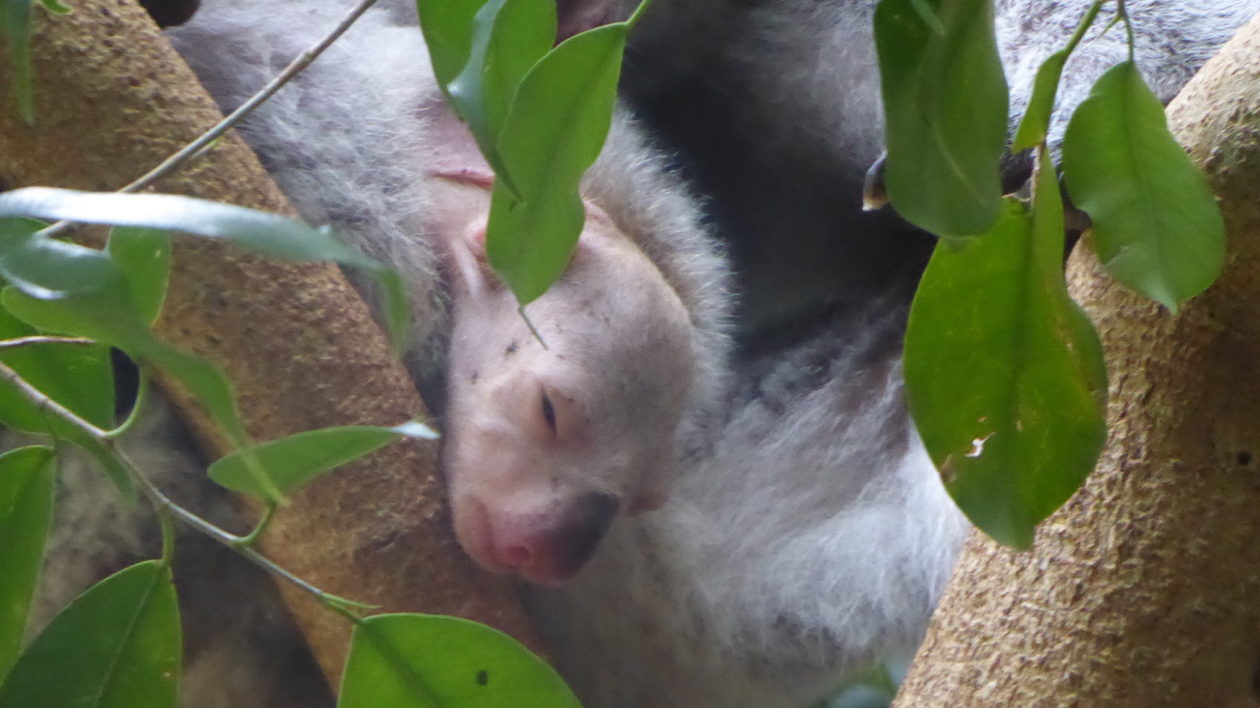
Why Do Marsupials Have Pouches? And Other Questions

Kangaroo Facts for Kids: Learn About the Amazing Marsupial
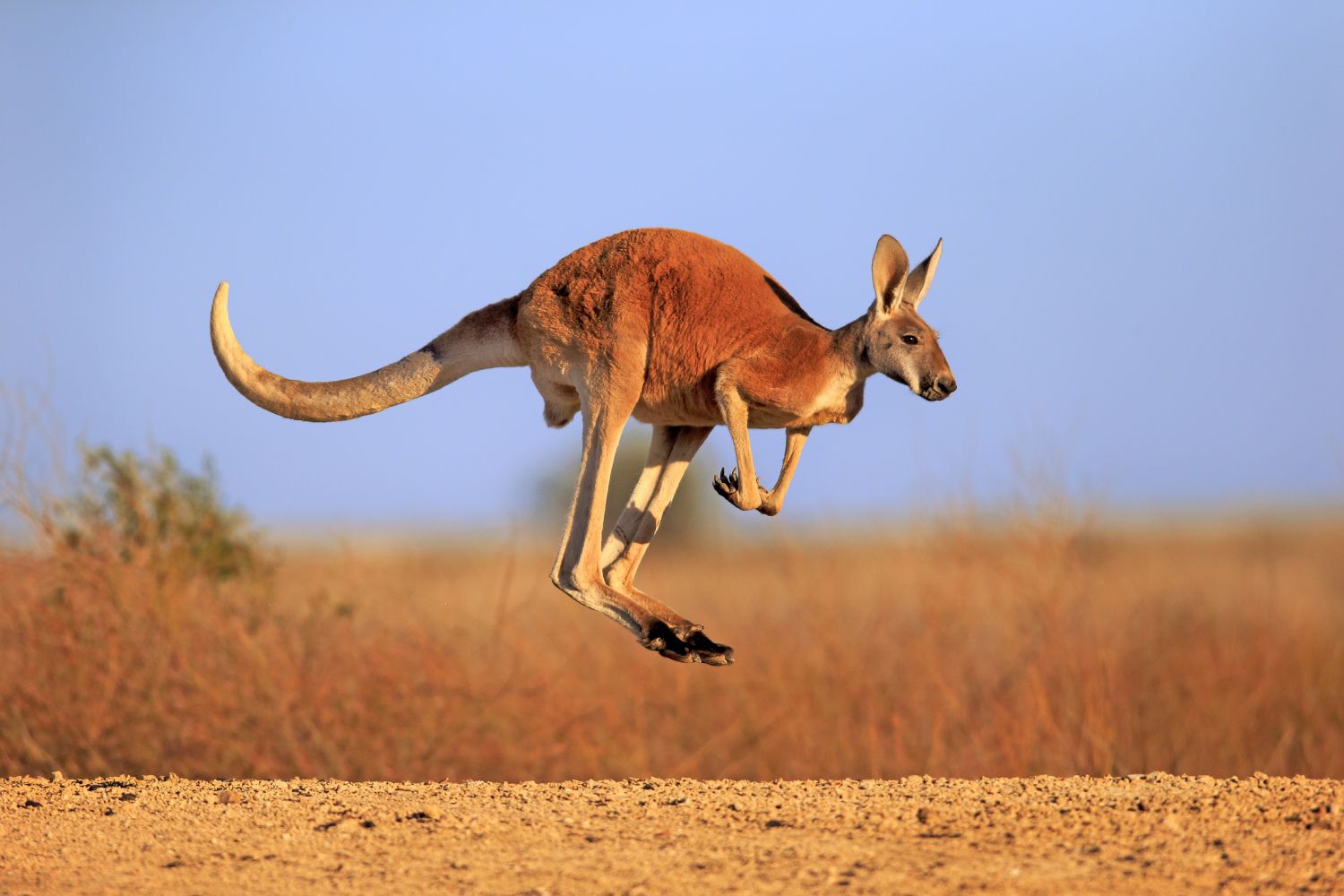
20 Facts About Kangaroo
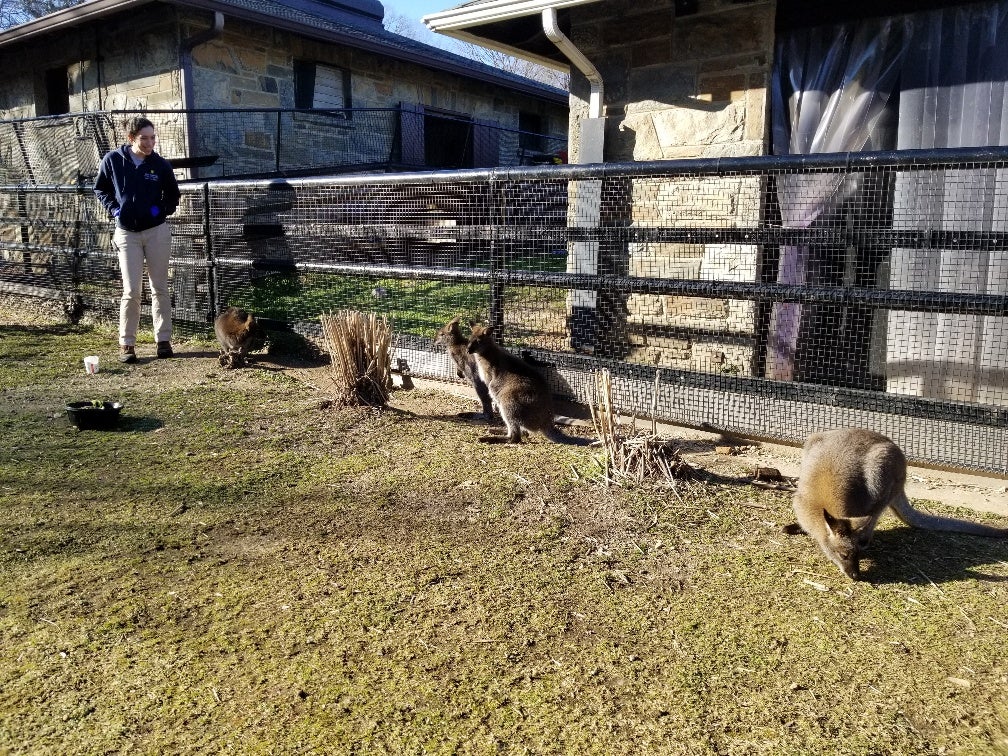
How to Care for Wallabies Smithsonian's National Zoo and Conservation Biology Institute







